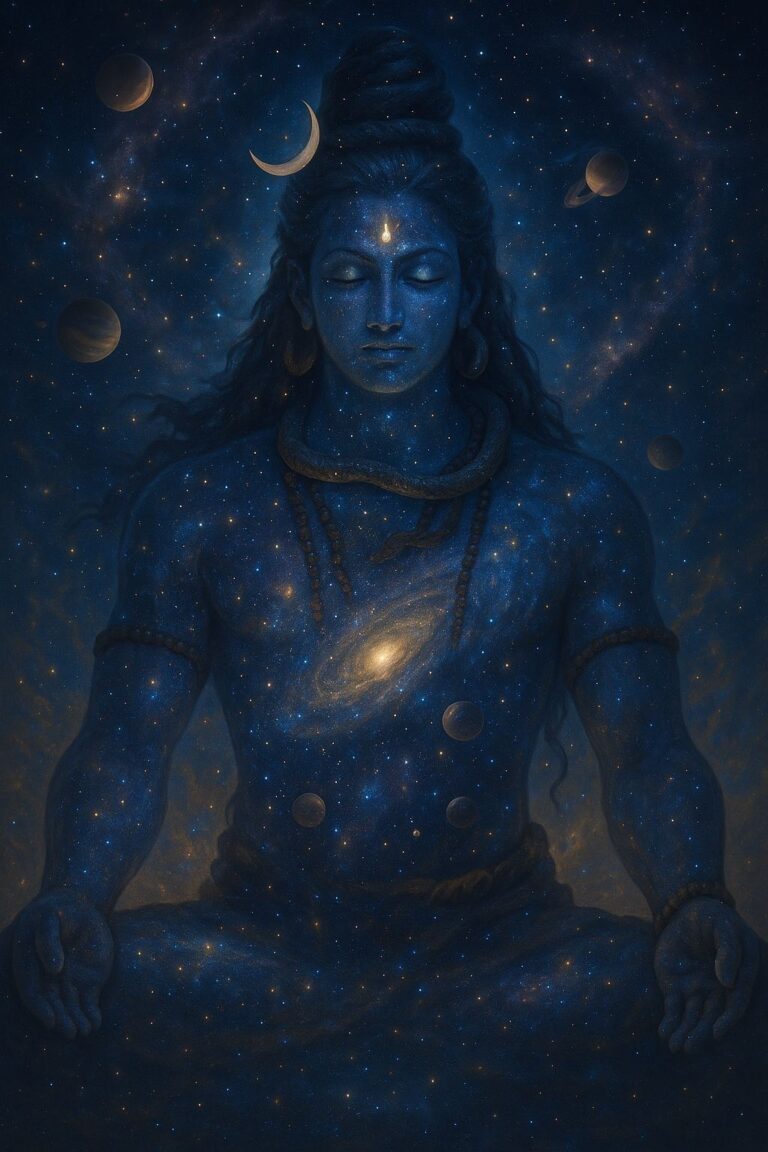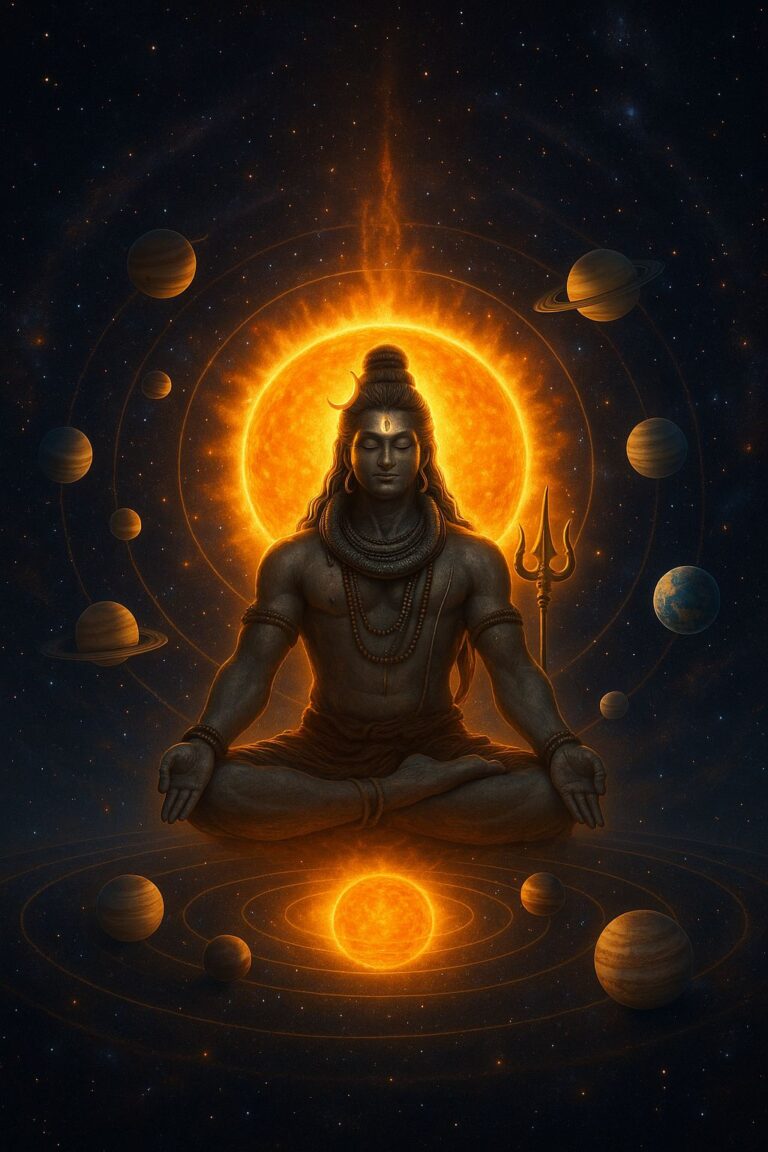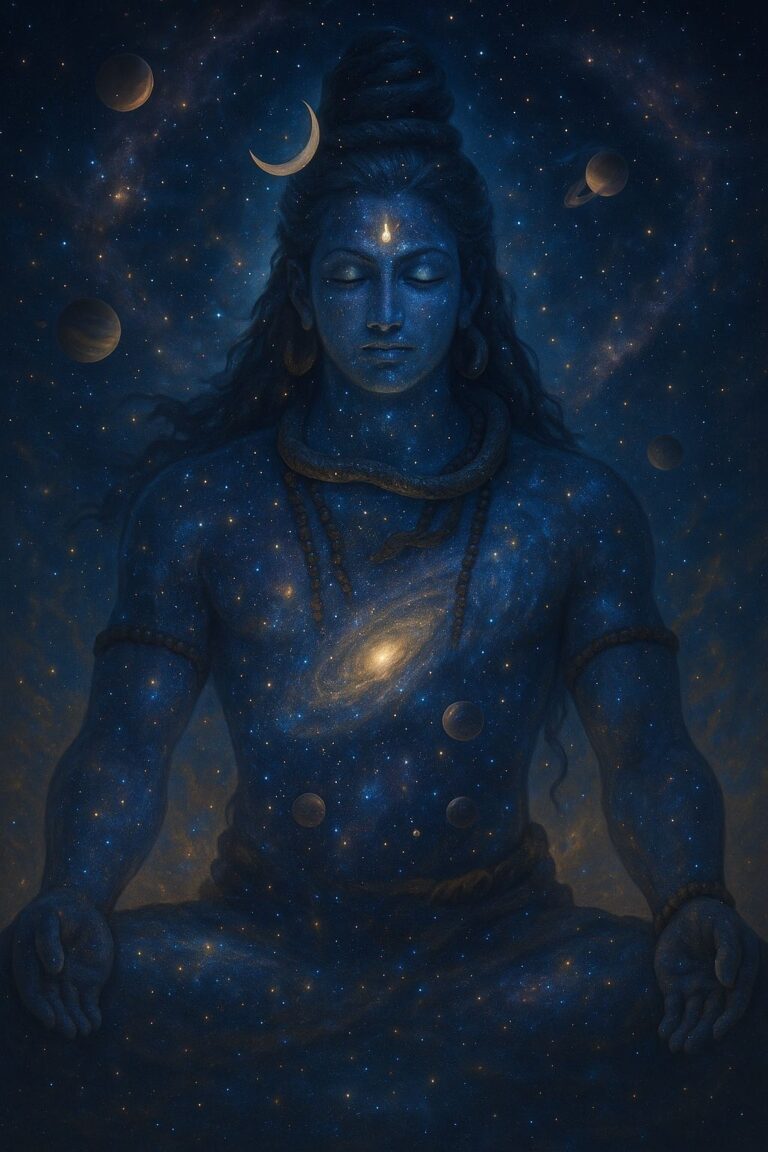Dreams have played a vital role in Hindu culture for centuries, often seen as windows into the subconscious mind and messages from the divine. Among the many types of dreams discussed in spiritual traditions, early morning dreams hold a special place. Early morning dreams in Hinduism are considered particularly significant because they are believed to be more accurate, prophetic, and easier to interpret. This belief is rooted in ancient scriptures, cultural practices, and the timing of the dream in relation to the body’s spiritual state.
Understanding the meaning and importance of early morning dreams in Hinduism requires looking at both the spiritual framework and the psychological state of the dreamer during this time. These dreams are often linked with guidance, warnings, or blessings from higher powers, making them an integral part of spiritual life for many Hindus.
Why Early Morning Dreams Are Considered Significant
In Hindu philosophy, the early morning hours are associated with Brahma Muhurta, the time before sunrise when the mind is calm, and spiritual energy is believed to be at its peak. This period usually begins about one and a half hours before sunrise and is considered highly auspicious for meditation, prayer, and receiving divine messages.
When someone dreams during this phase, it is thought that the soul is in a more elevated state, making the dream more likely to carry spiritual truths or accurate predictions. The calmness of the mind and minimal disturbances during sleep at this time are believed to allow clearer visions that can be remembered upon waking.
Scriptural References To Dreams In Hinduism
Hindu texts like the Garuda Purana, Brihadaranyaka Upanishad, and various Puranas mention the nature and timing of dreams. While these texts cover dreams at different times of the night, early morning dreams are given special emphasis due to their proximity to waking. According to some interpretations of these scriptures, dreams that occur close to sunrise are more likely to manifest in reality.
The Garuda Purana, for example, explains that the likelihood of a dream coming true depends partly on the time it appears. Dreams seen just before waking are described as the most potent and reliable.
Spiritual Meaning Of Early Morning Dreams In Hinduism
The spiritual meaning of early morning dreams in Hinduism is often tied to divine communication. These dreams are sometimes interpreted as messages from deities, ancestors, or spiritual guides. Because the early morning is a sacred time for connection with the divine, dreams occurring then may reveal insights into life decisions, future events, or spiritual progress.
In this context, a positive early morning dream might be taken as a blessing or reassurance, while a troubling dream could be seen as a warning or reminder to act mindfully. Many believers keep a mental or written record of such dreams to revisit them for guidance.
Common Themes And Interpretations
The symbolism in early morning dreams can vary widely, but some common themes often appear:
- Blessings And Auspicious Signs: Seeing deities, temples, flowers, light, or water in an early morning dream may be interpreted as an auspicious sign.
- Warnings And Challenges: Dreams involving storms, broken objects, or falling might be taken as cautions to avoid certain actions or to prepare for obstacles.
- Messages From Ancestors: In Hindu tradition, dreams where ancestors appear during early morning hours can be viewed as spiritual guidance or a call for specific rituals, such as Shraddha.
- Path To Spiritual Growth: Dreams involving meditation, chanting, or traveling to sacred places can indicate spiritual advancement.
The interpretation often depends on the dreamer’s personal life, recent experiences, and spiritual practices, as well as traditional symbolism.
The Role Of The Subconscious Mind
While Hinduism emphasizes the spiritual dimension of dreams, it also aligns with the idea that dreams reflect the subconscious mind. During early morning hours, the body is in the final stages of sleep, often in rapid eye movement (REM) cycles, which produce vivid and memorable dreams. This overlap between spiritual belief and psychological understanding makes early morning dreams a rich area for interpretation.
How To Interpret Early Morning Dreams
For those seeking to understand their early morning dreams in Hinduism, the following approaches are commonly used:
- Reflect Immediately Upon Waking: Because details fade quickly, recalling the dream as soon as possible is essential.
- Consider Spiritual Context: Reflect on whether the dream connects to current prayers, rituals, or spiritual goals.
- Look For Symbolic Patterns: Certain images, animals, or actions can have traditional meanings rooted in Hindu culture.
- Consult Knowledgeable Elders Or Priests: In many families, interpretation is guided by elders or religious figures familiar with dream symbolism.
If a dream leaves a strong emotional impact, Hindus may also turn to meditation, mantra chanting, or specific rituals to either embrace its blessings or neutralize any perceived negative influence.
Ritual Responses To Early Morning Dreams
Hindu culture often prescribes specific actions depending on the nature of the dream. If the dream is positive, it might inspire a puja (worship ritual) to give thanks. If negative, a cleansing ritual, prayer, or charitable act might be performed to counteract potential harm.
For example, a dream about water flooding a home could be interpreted as an emotional or financial warning. In such cases, some people choose to donate to charity or perform rituals to seek protection from deities.
Cultural Practices And Regional Variations
The belief in early morning dreams in Hinduism is widespread across India and Nepal, but interpretations can vary by region. In South India, for example, certain temple priests specialize in dream interpretation, particularly for devotees who dream of specific deities. In North India, early morning dreams are often linked with seasonal festivals, where dreams during auspicious periods are believed to carry extra significance.
Modern Perspectives On Ancient Beliefs
Today, even as many Hindus embrace modern lifestyles and science, the tradition of valuing early morning dreams remains strong. Some combine spiritual interpretation with psychological self-analysis, seeing dreams as both divine messages and reflections of the mind.
Websites and books dedicated to dream interpretation often include specific sections on Hindu beliefs, helping younger generations understand the symbolism of their dreams. For those seeking deeper insight, resources such as discussions on Auspicious Dreams In Hinduism can provide a broader cultural and spiritual context.
Final Thoughts
Early morning dreams in Hinduism represent a blend of spiritual reverence, cultural tradition, and introspective guidance. They are valued for their perceived accuracy, connection to the sacred Brahma Muhurta, and potential to provide personal or divine messages. Whether approached from a purely spiritual perspective or a blend of spirituality and psychology, these dreams continue to hold meaning for millions of believers.
By paying attention to the details, context, and timing of early morning dreams, a person can use them as a guide for decision-making, self-reflection, and spiritual growth.


